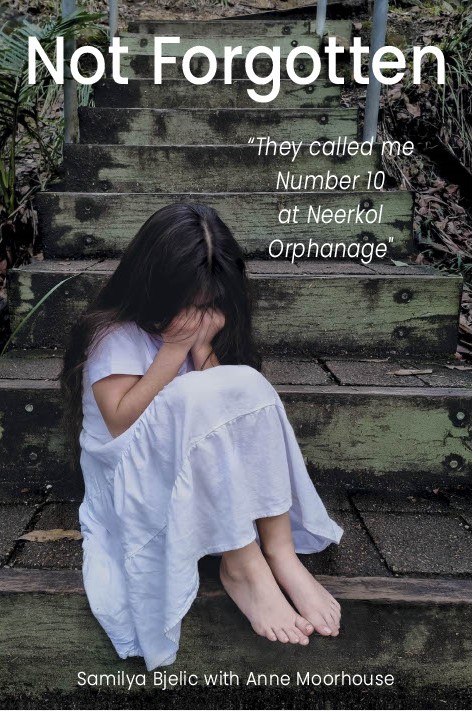Vulnerable Forgotten Australians need your care and assistance. If you work at Centrelink, the police, for an employment services provider, deliver health care, work in a hospital or an aged care facility it’s essential you understand that some Forgotten Australians have a history of abuse and neglect, which continues to impact on their lives and current needs.
Who are the Forgotten Australians?
The term Forgotten Australians was first used by the Australian Senate in its 2003–2004 report, Inquiry into Children in Institutional Care. This dismal label described a group of 500,000 children who were institutionalised between 1920 and 1970. These children grew up in State, church and charity run orphanages and homes where many of them were neglected, exploited and brutalised. The term now also refers to those who were in out-of-home care until the end of 1989. As many of these people have had families, it is highly likely that every Australian either was, or is related to, works with or knows someone who is a Forgotten Australian.
The Forgotten Australians are not a homogenous group and not all Forgotten Australians require the same level of assistance. Some were placed in care arrangements where they were nurtured and well looked after, others, however, experienced horrendous events where they were abused repeatedly throughout their childhood. Many Forgotten Australians have raised families, completed education, had successful careers, volunteered in the community, and own homes. However, others remain some of our most vulnerable citizens, struggling with physical and mental health conditions and challenged to maintain accommodation, relationships and employment.
It is the vulnerable and traumatised group of Forgotten Australians that require compassionate care and support when accessing services.
How would you recognise a Forgotten Australian?
Continue reading →
Like this:
Like Loading...









 Clients often experience a wave of relief after their first counselling session. Their burden is shared and they feel joined on their journey. That old saying, a worry shared is a worry halved rings true.
Clients often experience a wave of relief after their first counselling session. Their burden is shared and they feel joined on their journey. That old saying, a worry shared is a worry halved rings true.